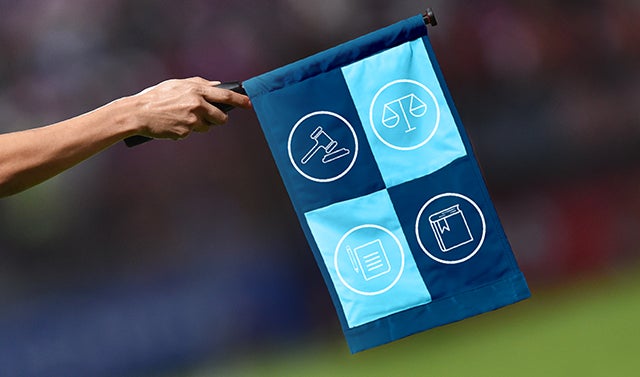
The global sports industry is worth nearly a half trillion dollars. Qatar has invested heavily in sports as part of its National Vision 2030. This is a strategy for economic development and for elevating the country’s international profile and influence. These efforts reached their culmination, of course, with the right to host the 2022 FIFA World Cup. But the World Cup is just one part of a larger tapestry of events and initiatives that have solidified the country’s reputation in global sport. It is a process that will continue to take shape long after the World Cup ends.
Qatar’s strategic investment in sports extends far beyond hosting major international events. In fact, these events are just one of the many ways in which Qatar is cementing its leadership role in sports. The country has also invested in the creation of numerous sports-related institutions. These institutions include Aspetar, one of the world’s leading sports medicine hospitals, the Josoor Institute, which supports academic research and training on sports, and the Qatar Sports Arbitration Tribunal, which serves a forum for resolution of sporting disputes.
Underlying all this investment in sports is law. Sport, as both an athletic endeavor and a commercial enterprise, is inextricably tied up with the law and legal questions. Whether this involves player contracts, media and advertising rights, intellectual property, or questions about human rights, law is the hidden infrastructure supporting the process.
Navigating Legal and Commercial Aspects of Sports is a new online course offered by HBKU College of Law faculty through the EdX platform. In the course, leading academics explore the diverse and dynamic world of sports law as it affects issues on and off the playing field. Navigating Legal & Commercial Aspects of Sports covers the body of law unique to sports, including such organizations as the International Olympic Committee, FIFA, and the World Anti-Doping Association. In looking at these issues, students will learn about the growing role of arbitration in settling sports disputes. The course also examines a variety of other legal issues affecting sports, including contracts, injury and tort liability, environmental and health safety, labor law, and ethics, transparency and anti-corruption. In short, students will examine both the law of sport (often called the lex sportiva) that includes the procedures and institutions regulating the relationship of athletes, clubs, and governing bodies, as well as the law in sport that concerns how legal principles inform all manner of activities that touch on the sporting world. This course will be of interest to people working across the sports industry and to those working on issues ranging from entrepreneurship to sustainability.
As Qatar continues to develop its reputation as a leader in global sport, it is critical to give attention to developing the legal infrastructure needed to support these efforts. HBKU College of Law seeks to accomplish this objective by developing knowledge and expertise in sports law and across the many other strategic fields related to sports.



